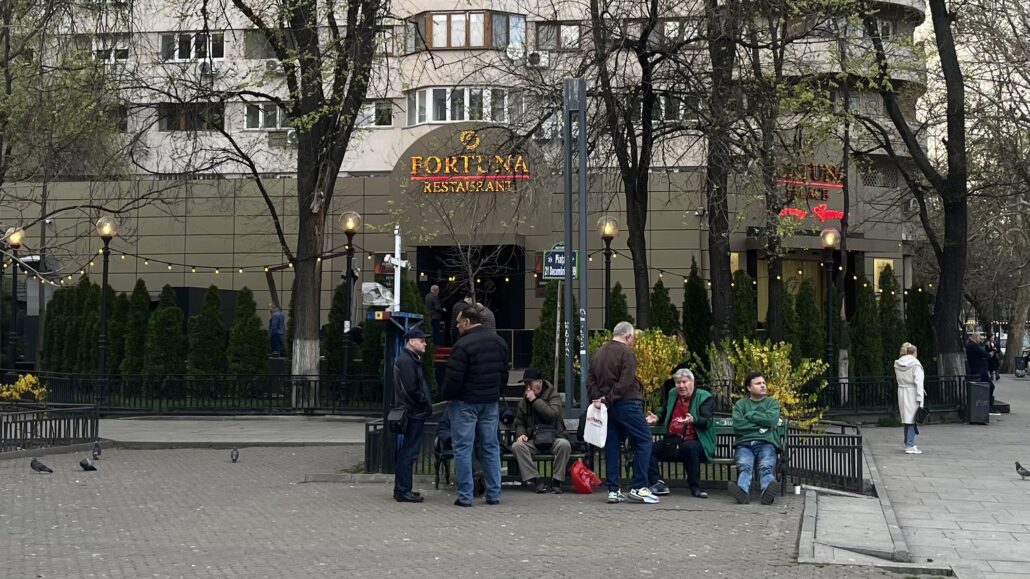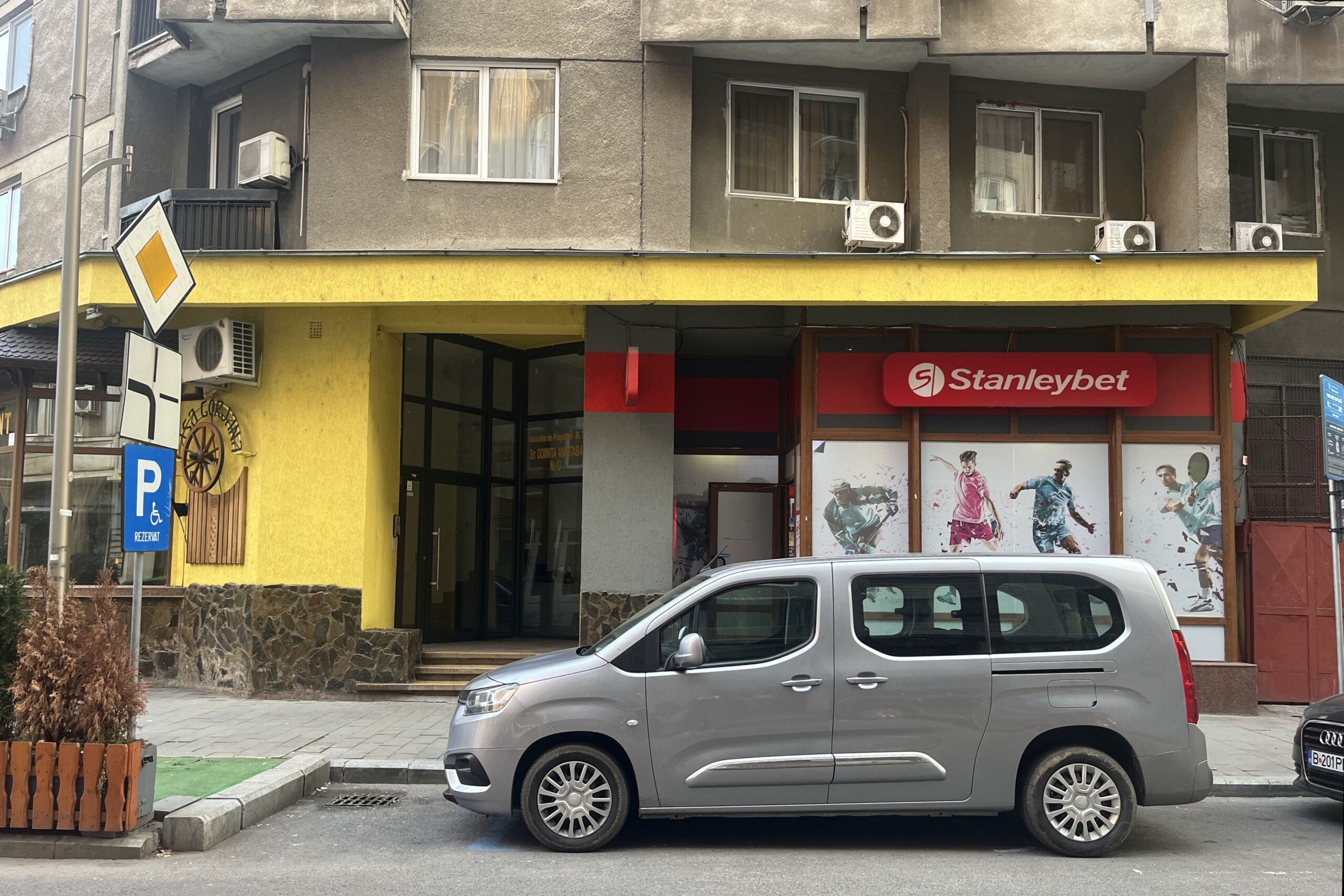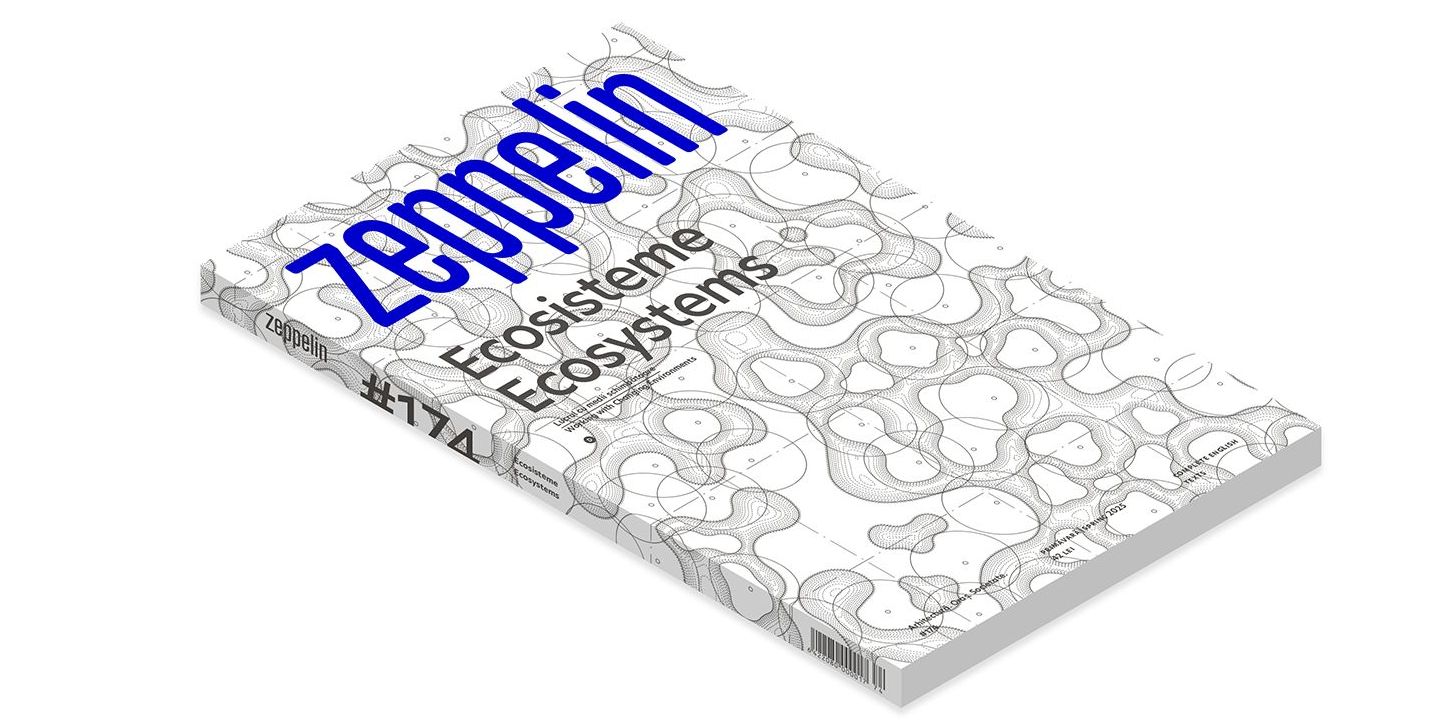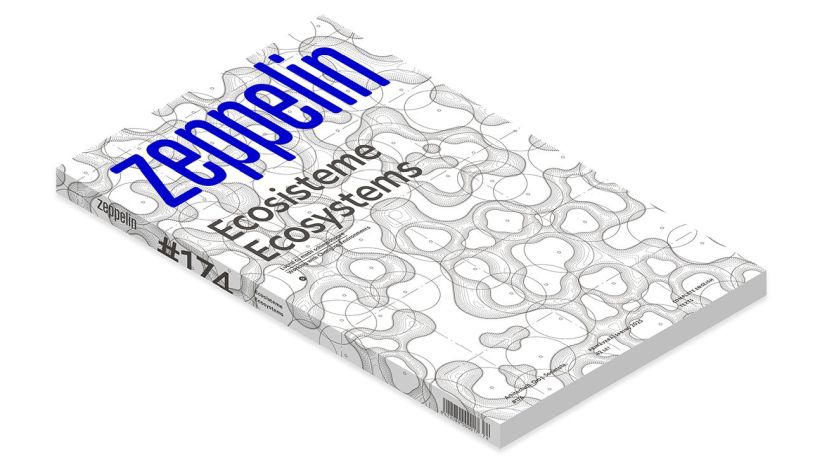Text, photo: Cătălina Frâncu
Walking in Bucharest is punctuated by advertisements, billboards and pharmacy lights. Ground floors of housing blocks – small, big, in the centre or not – are havens for the most sought-after businesses in the country: supermarkets, pawnshops, exchange (sometimes 2in1), pharmacies, and, in recent years, casinos. They all behave as worlds within worlds that resemble a truncated, chamfered reality and enlarge its addictive buttons. You go in and you don’t know when you come out, what you’ve come to do or give, what boundaries you’ve set for yourself: you came in for ibuprofen, you snagged a hand cream, you came in for salad, you dropped a waffle in the basket, you came in to give your ring – just until next month – you got a deal on your necklace, you only went in for two minutes, you are left without a car… If they all baricade the ground floor, privatize it and put a cost to it, their empress by far is the gaming room, the casino. Full of little stars on a black background, semi-dressed women, dollar and euro signs and the ever-present worker (more often female) out for a smoke, the slot curtain is the most impenetrable. Everything here is designed to cut you off from the outside world, to freeze you in a world without family, without hunger, without responsibilities and problems. Outside, one by one, the sidewalk is burnt by the summer heat, gets covered in leaves, gets wet and swept, freezes and is covered with snow, and the only sign that this is known inside is the ever-warmer clothes on the smoking workers.
From the outside you know nothing ever changes inside and you say you’ll never go in there. A mystical space, forbidden forever, like heroin, unless you want to ruin your life. Yet people go in there every day and stay until they have nothing left to lose. Walk past it on the sidewalk, look up, and you see it on facades, next to a voluptuous woman or next to big letters with the name of one business or another. It covers windows, balconies, shop windows and pokes into the public space just-lest someone else walks in who would never have entered otherwise.
Ground floors on housing blocks are the best places for community centres, meeting places, neighbourhood libraries, small screening rooms, or ping pong spaces. They’re close, amid the throngs of noise and traffic, handy for fords of all kinds who might find a little more meaning in them. And community centres save people from loneliness and abandonment – both of which are now exploited by slot casinos.
published in Zeppelin #174 – Ecosystems




